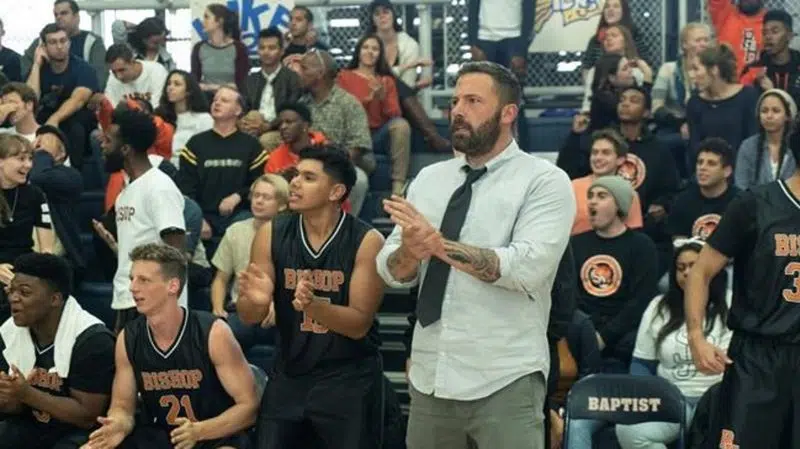
Ben Affleck on the pain and catharsis of ‘The Way Back’
NEW YORK — Of the many stories that have stuck with Ben Affleck from his Alcoholics Anonymous meetings, one has especially resonated for the actor. Recovery is often described as a process of removing a damaging habit from your life. One man articulated it in a more positive way. He said he quit drinking so he could be a free man.
“That’s one of the most moving things that’s stayed with me,” says Affleck. “The desire for that freedom, and so I can be accountable to my kids.”
After a turbulent few years, Affleck, 47, is trying to reclaim his life and reorder his career. In Affleck’s new film, “The Way Back,” both missions converge powerfully. He plays a former high-school basketball star brought back to coach his alma mater’s team in Gavin O’Connor’s movie, which opens March 6. The film has obvious similarities to Affleck’s life. It’s about a man struggling with alcoholism, divorce and midlife disappointment. It’s about the hard road to recovery, a path that Affleck has been walking, with a few stumbles along the way, the last three years.
“I don’t know all the answers. I’m only an expert in my own failings,” Affleck says. “But the more expert you become in your own failings, interestingly, the less likely you are to repeat them, I’ve found. That is how my life has been getting better. I have a better relationship with my kids today than I did three years ago. I have a better relationship with my ex-wife, I think, than I did three years ago. I think I’m a better actor. I think I’m a more interesting person because most of the growth that I’ve had has come from pain.”


